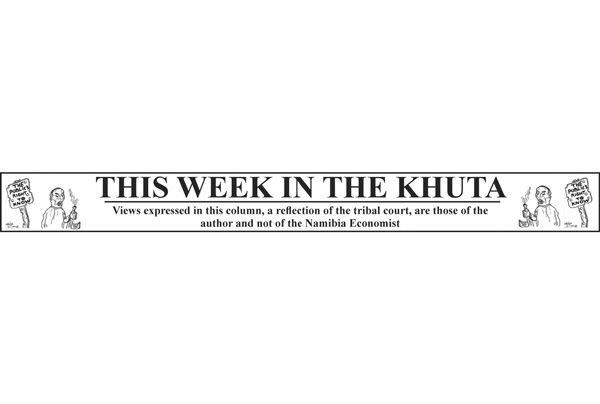
African voices on digital revolution
A new report shows that laptops and mobile phones are now far and away the most popular new learning devices in Africa – while, despite the hype, tablets are still lagging, only being used regularly by 20% of eLearning practitioners.
This is just one of the surprising findings contained in the eLearning Africa Report 2013. Launched this Thursday at the eLearning Conference by the minister for ICT, Hon Joel Kaapanda, the report offers new insight into the complex uses of technology in African education – from the point of view of Africans themselves.
“I was particularly encouraged by the failures in eLearning that were so openly shared,” the Honorable Minister stated, “and the attention given this year to local digital content and the integration of indigenous African languages.”
Providing a unique snapshot of ICT developments across the continent, the eLearning Africa Report goes beyond statistics and gives a voice to hundreds of Africans involved in eLearning practice at grassroots level. Its aim is to reflect “the stories, views and experiences of African practitioners and their contribution to the broader African eLearning narrative.”
These experiences offer surprising insights. While, for example, 40% of respondents said they create local content, only 16% create it in indigenous African languages. And while social media and mobility are becoming more popular, accessing online resources and supporting classroom learning are the most common uses of technology.
“The report confirms that mobility in learning and teaching is indeed on the rise in education and skills development in Africa but it has not yet eclipsed traditional ways of education delivery,” said report editor Shafika Isaacs. “Addressing the challenges in education continues to be a critical priority as we deliberate the post-2015 development agenda.”
The report, distributed free online in French and English, will appeal to a wide audience not only in Africa but across the world.











































